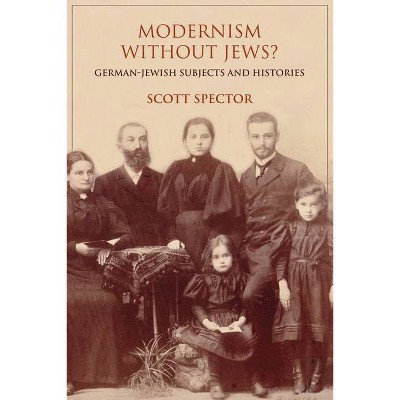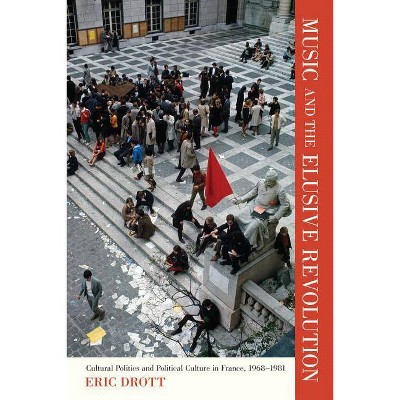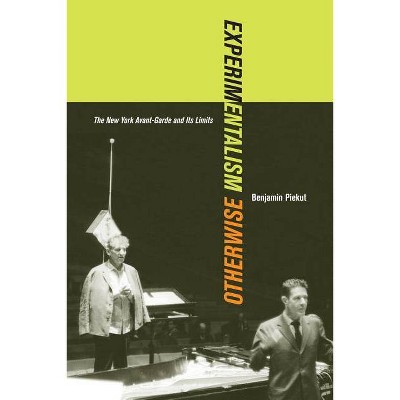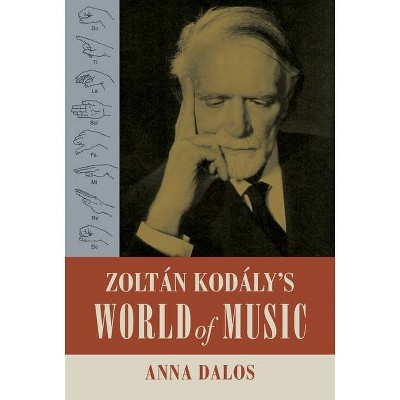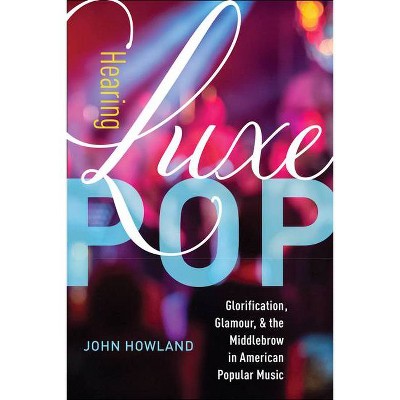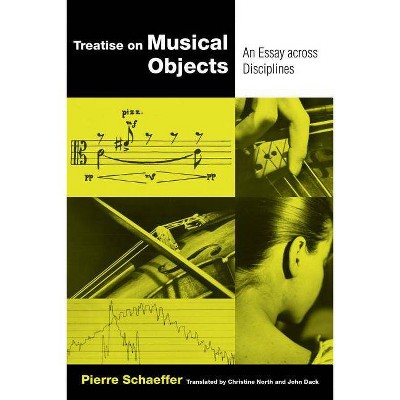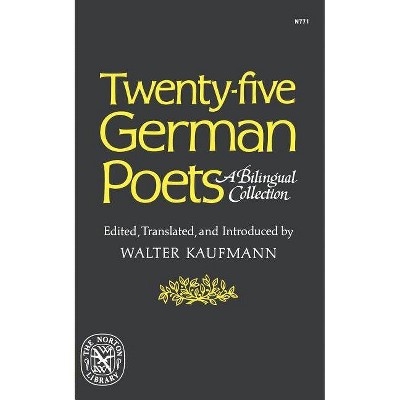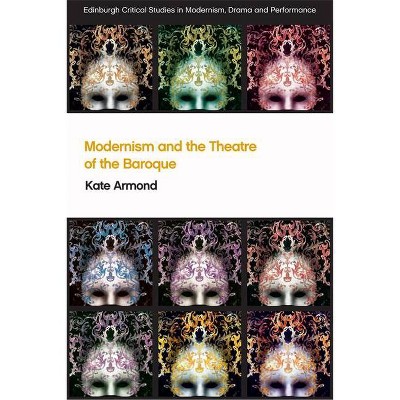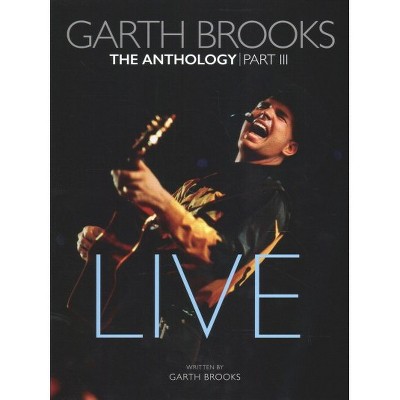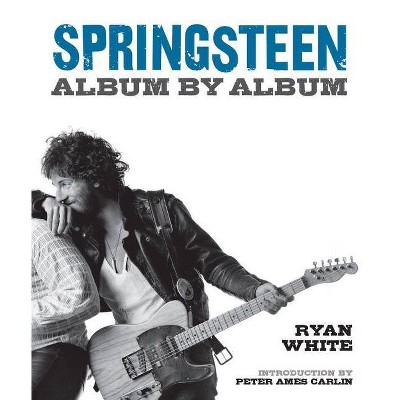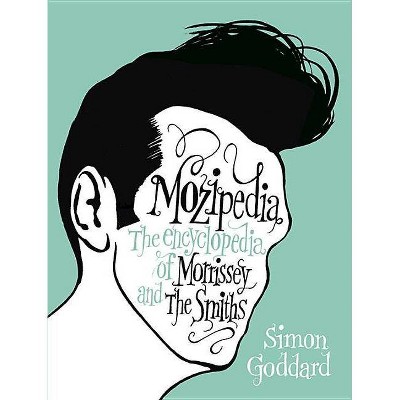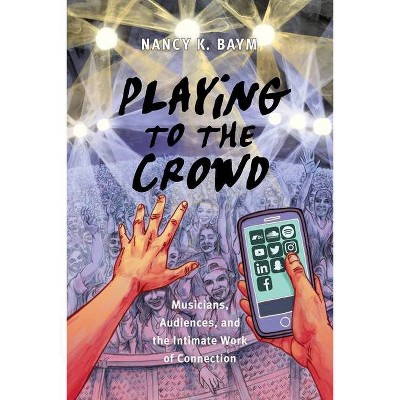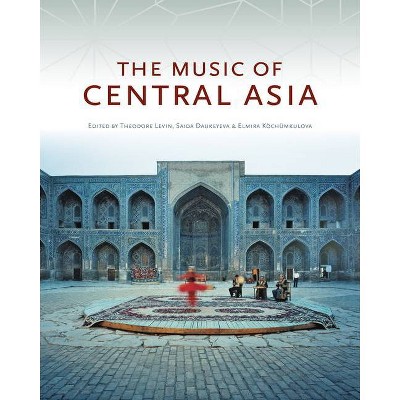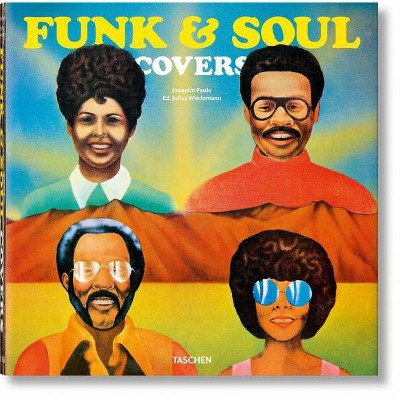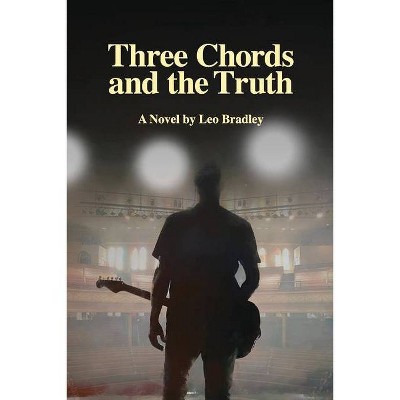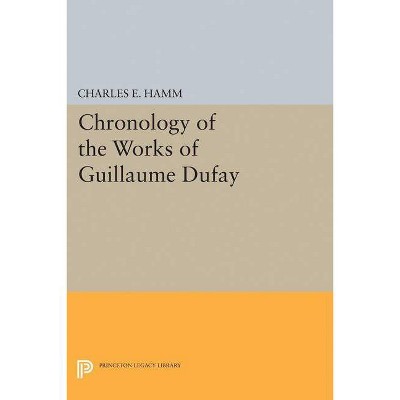German Modernism, 3 - (California Studies in 20th-Century Music) by Walter Frisch (Paperback)
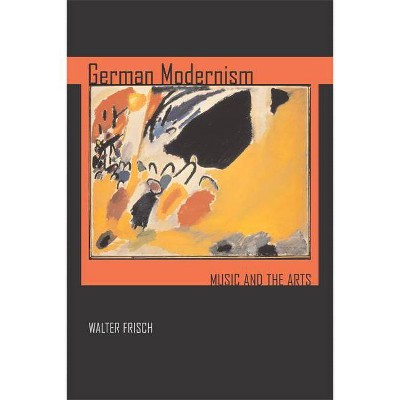
Similar Products
Products of same category from the store
AllProduct info
<p/><br></br><p><b> About the Book </b></p></br></br>"In a brilliant and original synthesis of developments in music, art, and literature, "German Modernism" offers an important new reading of the years of transition between Romanticism and Modernism. Frisch's study is essential reading for anyone interested in why and how twentieth-century music developed as it did." --Joseph Auner, editor of "A Schoenberg Reader" <BR>""German Modernism" is impressive for the author's wide-ranging historical treatment, which encompasses political, social, and cultural history with sovereign skill. With distinction, Walter Frisch reveals central aspects of the era between the nineteenth and twentieth centuries, to which music historiography has increasingly ascribed a special profile as 'modern.' No less notable are the focused musical analyses that illuminate works from many different genres. In contrast to cultural history that remains ignorant of music, and musical analysis that pays no attention to social and historical context, this blend of interdisciplinary comprehensiveness and detailed musical analysis makes an exemplary impression."--Hermann Danuser, Professor of Music, Humboldt University, Berlin <BR>"A masterful exploration of music, literature, and visual arts. . ..Finally brings music into the discourse of modernism in a comprehensive, learned and sensitive manner. Provocative in the questions it raises, Frisch's study will become indispensable for further investigations into the nature of modernism" -Pamela Potter, School of Music, University of Wisconsin-Madison<p/><br></br><p><b> Book Synopsis </b></p></br></br>In this pioneering, erudite study of a pivotal era in the arts, Walter Frisch examines music and its relationship to early modernism in the Austro-German sphere. Seeking to explore the period on its own terms, Frisch questions the common assumption that works created from the later 1870s through World War I were transitional between late romanticism and high modernism. Drawing on a wide range of examples across different media, he establishes a cultural and intellectual context for late Richard Wagner, Richard Strauss, Gustav Mahler, and Arnold Schoenberg, as well as their less familiar contemporaries Eugen d'Albert, Hans Pfitzner, Max Reger, Max von Schillings, and Franz Schreker.<br /><br />Frisch explores "ambivalent" modernism in the last quarter of the nineteenth century as reflected in the attitudes of, and relationship between, Nietzsche and Wagner. He goes on to examine how naturalism, the first self-conscious movement of German modernism, intersected with musical values and practices of the day. He proposes convergences between music and the visual arts in the works of Brahms, Max Klinger, Schoenberg, and Kandinsky. Frisch also explains how, near the turn of the century, composers drew inspiration and techniques from music of the past-the Renaissance, Bach, Mozart, and Wagner. Finally, he demonstrates how irony became a key strategy in the novels and novellas of Thomas Mann, the symphonies of Mahler, and the operas of Strauss and Hofmannsthal.<p/><br></br><p><b> From the Back Cover </b></p></br></br>In a brilliant and original synthesis of developments in music, art, and literature, <i>German Modernism</i> offers an important new reading of the years of transition between Romanticism and Modernism. Frisch's study is essential reading for anyone interested in why and how twentieth-century music developed as it did. --Joseph Auner, editor of <i>A Schoenberg Reader</i><br /><br /><i>German Modernism</i> is impressive for the author's wide-ranging historical treatment, which encompasses political, social, and cultural history with sovereign skill. With distinction, Walter Frisch reveals central aspects of the era between the nineteenth and twentieth centuries, to which music historiography has increasingly ascribed a special profile as 'modern.' No less notable are the focused musical analyses that illuminate works from many different genres. In contrast to cultural history that remains ignorant of music, and musical analysis that pays no attention to social and historical context, this blend of interdisciplinary comprehensiveness and detailed musical analysis makes an exemplary impression.--Hermann Danuser, Professor of Music, Humboldt University, Berlin<br /><br />"A masterful exploration of music, literature, and visual arts....Finally brings music into the discourse of modernism in a comprehensive, learned and sensitive manner. Provocative in the questions it raises, Frisch's study will become indispensable for further investigations into the nature of modernism" -Pamela Potter, School of Music, University of Wisconsin-Madison<p/><br></br><p><b> Review Quotes </b></p></br></br><br>"In a brilliant and original synthesis of developments in music, art, and literature, German Modernism offers an important new reading of the years of transition between romanticism and modernism. Frisch's study is essential reading for anyone interested in why and how twentieth-century music developed as it did."<br><p/><br></br><p><b> About the Author </b></p></br></br><b>Walter Frisch</b> is H. Harold Gumm/Harry and Albert von Tilzer Professor of Music at Columbia University. He is the author of <i>Brahms: The Four Symphonies </i>(2003), <i>The Early Works of Arnold Schoenberg, 1893-1908 </i>(California, 1993), and <i>Brahms and the Principle of Developing Variation </i>(California, 1984).
Price History
Price Archive shows prices from various stores, lets you see history and find the cheapest. There is no actual sale on the website. For all support, inquiry and suggestion messages communication@pricearchive.us
